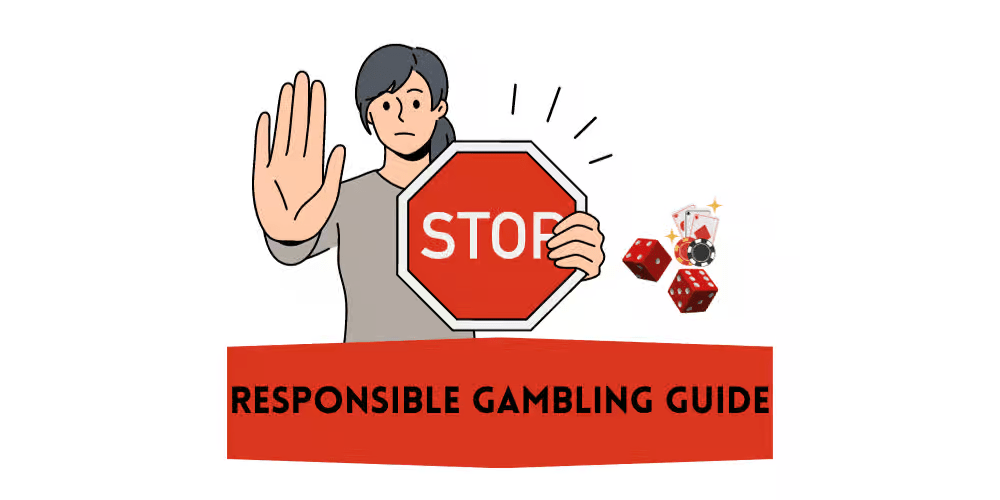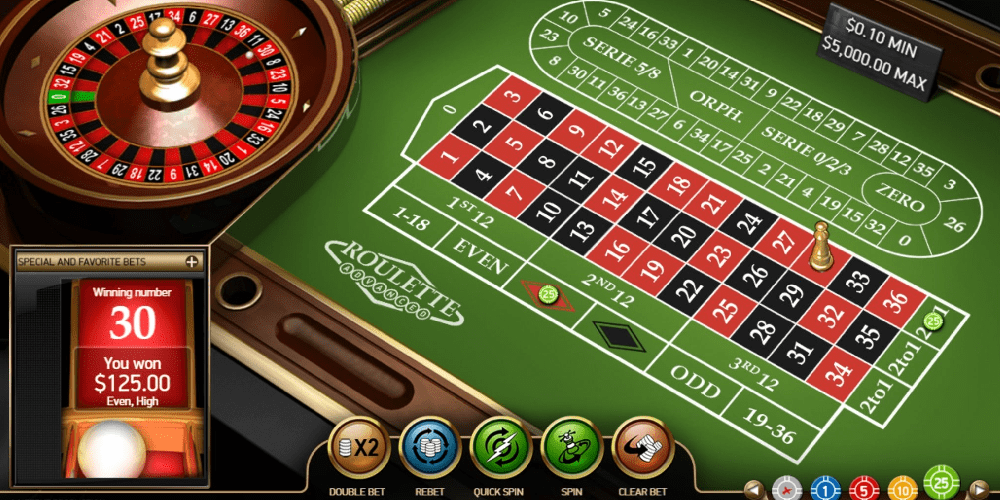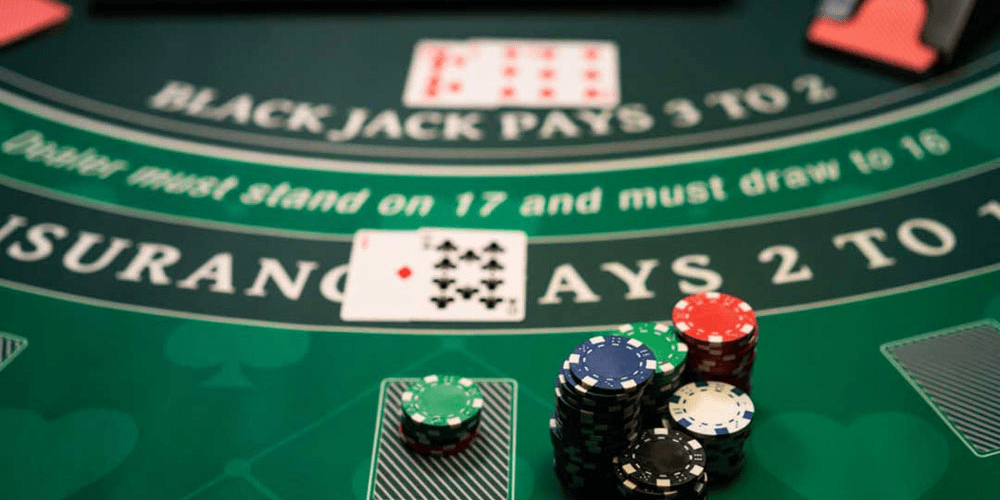
Establishing a Foundation for Moral Gambling
The key to enjoying gaming responsibly is keeping your spending under control and making sure it does not ruin your life or the lives of others close to you. In order to gamble responsibly, identify the symptoms of a gambling problem, and get treatment if you need it, this book will provide you the information and solutions you need.
Acquiring Knowledge About Responsible Gambling
How Can I Play the Game Responsiblely?
To gamble responsibly, one must be well-informed before engaging in any gaming activity. It entails being aware of the potential dangers, establishing boundaries, and knowing when to quit. The main parts are as follows:
Self-Restraint: Limiting your gambling to reasonable amounts.
Education: Learning the ins and outs of gambling and the dangers it poses.
Maintaining a healthy equilibrium means making sure gambling is not your life's sole emphasis.
Advantages of Playing Gambling Responsibly
Pleasure: Gambling is still a great way to pass the time.
Economic Security: Forestalls Gambling-Related Economic Difficulties.
Benefits Mental Health: Lessens Anxiety and Stress Caused by Gambling Too Much.
Relationship Health: Keeps in good standing with loved ones.
Limit Establishment
Boundaries on Funds
In order to create a budget, you must first ascertain the maximum amount that may be lost without jeopardising your necessary expenditures.
Take your entertainment budget as an example and set aside a certain amount for gambling.
Daily, weekly, or monthly deposit restrictions are often available at online casinos.
Example: Define a weekly spending cap of $50.
Restricted Time
Preplan Your gaming Sessions: Set a time limit for yourself before you start gaming.
For instance, on a Saturday night, you may decide to gamble for an hour.
You can maintain control and avoid gambling to a greater extent if you take breaks regularly.
For instance, every half an hour, give yourself a ten-minute break.
Loss and Win Limits
victory Limits: Set a maximum amount you are willing to stop at in the event of a victory.
Say you win $100; it is enough to put a stop to gambling for the day.
Set and maintain a limit on how much money you are willing to lose.
Put $50 down and call it a day if you are gaming.
Identifying Potential Dangers
The House Advantage
How Does the House Edge Work? Mathematically speaking, the casino has an advantage over the players, which is known as the house edge.
The house edge in roulette, for instance, is about 5.26%.
The bottom line is that casinos will always turn a profit in the long run. Having this knowledge allows one to establish reasonable expectations.
Fortune Telling and Chance
Because of the inherent randomness of casino games, players can never rely on their previous performances to predict how they will fare in the future.
As an example, the outcomes of one roulette spin have no bearing on the outcomes of any other spins.
Be sceptical of superstitions; the results will not change if you believe in lucky charms or patterns.
Indicators of Compulsive Gambling
Symptoms of Compulsive Gambling
Issues with Money: Taking out gambling funds that were intended for necessities.
Time management: Neglecting responsibilities at home, in the office, and in social gatherings in favour of gaming.
Feelings of shame, nervousness, or sadness connected to gaming are emotional indicators.
"Chasing Losses" means you are trying to get back your money by gambling more.
Self-Evaluation Resources
In order to evaluate your gaming habits, you can fill out a questionnaire such as the Problem gaming Severity Index (PGSI).
Reflection: Take stock of how gaming affects your life on a regular basis.
Tips for Playing Gambling Responsibly
Remember to Have Fun While Gambling
Think About Gambling as a Form of Amusement: Consider all expenditures to be entertainment costs.
Keep gambling fun and social by doing it with loved ones.
Keep Up With Latest News
Get to Know the Rules: Before you play any game, familiarise yourself with its rules and odds.
Rest assured: Learn the latest tactics and best practices for responsible gaming.
Find a Middle Ground in Your Life
Experiment with different things: Take part in a wide range of hobbies and pursuits outside gambling.
Keep in Touch: Make an effort to spend quality time with those you care about.
Resources and Tools
Policies on Self-Exclusion
You can opt out of gaming for a set amount of time through a programme that is offered by many casinos.
Take a six-month break from gambling as an example.
Programmes that are applicable across several gaming operators are known as multi-operator self-exclusion.
Software solutions that limit access to gambling websites are known as gambling blockers.
Take Gamban and BetBlocker as examples.
Banking Options: Banks that offer gambling transaction blocks.
Helplines: Private phone numbers that people can call for guidance and support.
One such resource is the National Problem Gambling Helpline.
Help for Gambling Addiction: Qualified counsellors available.
One example is CBT, or cognitive-behavioral treatment.
Peer support through organisations such as Gamblers Anonymous is one form of support group.
Getting Help for Gambling Addiction
Actions to Do
Make Yourself Heard: You need to come clean about your gambling issue.
Consult an Expert: For help with an addiction to gambling, see a doctor or therapist who specialises in the field.
Connect with Support Groups: Tell your loved ones what is going on and ask for their help.
Potential Courses of Treatment
Treatment: Addiction to gambling can be effectively treated with cognitive-behavioral therapy (CBT).
The symptoms of compulsive gambling can be better managed with the use of medicines.
Strategies for Self-Help: Supplement your professional treatment with self-help books and internet resources.
Conclusion: If you want to enjoy gambling without suffering any negative repercussions, you must gamble responsibly. You may bet responsibly and keep a healthy balance in your life by setting limits, acknowledging the risks, recognising the indications of problem gambling, and using the tools that are available to you. Gambling should not be a chore or a drain on your finances; it should be a way to relax and have fun. Get treatment and get your life back under control if you or someone you care about is having problems with gambling.








